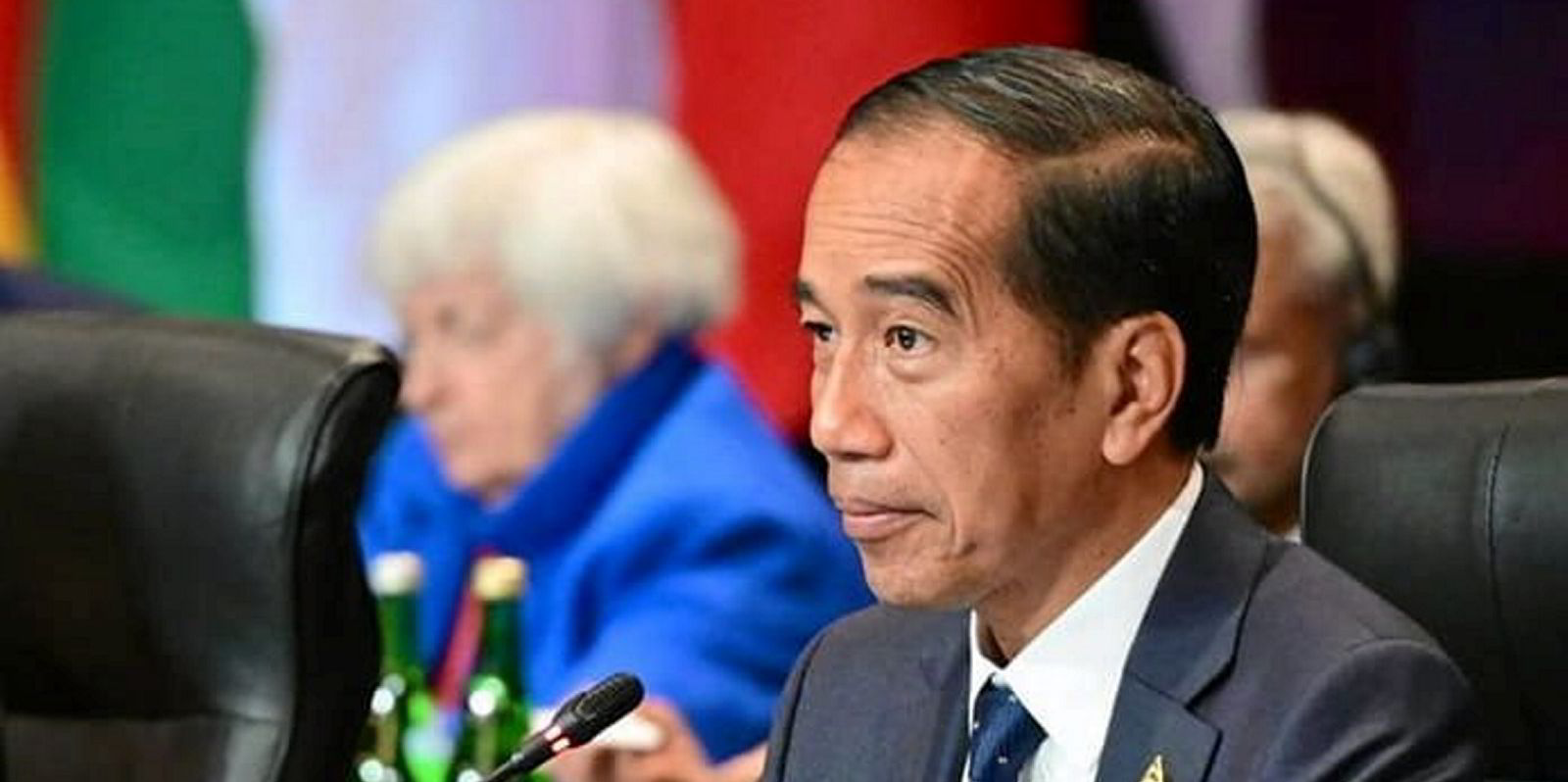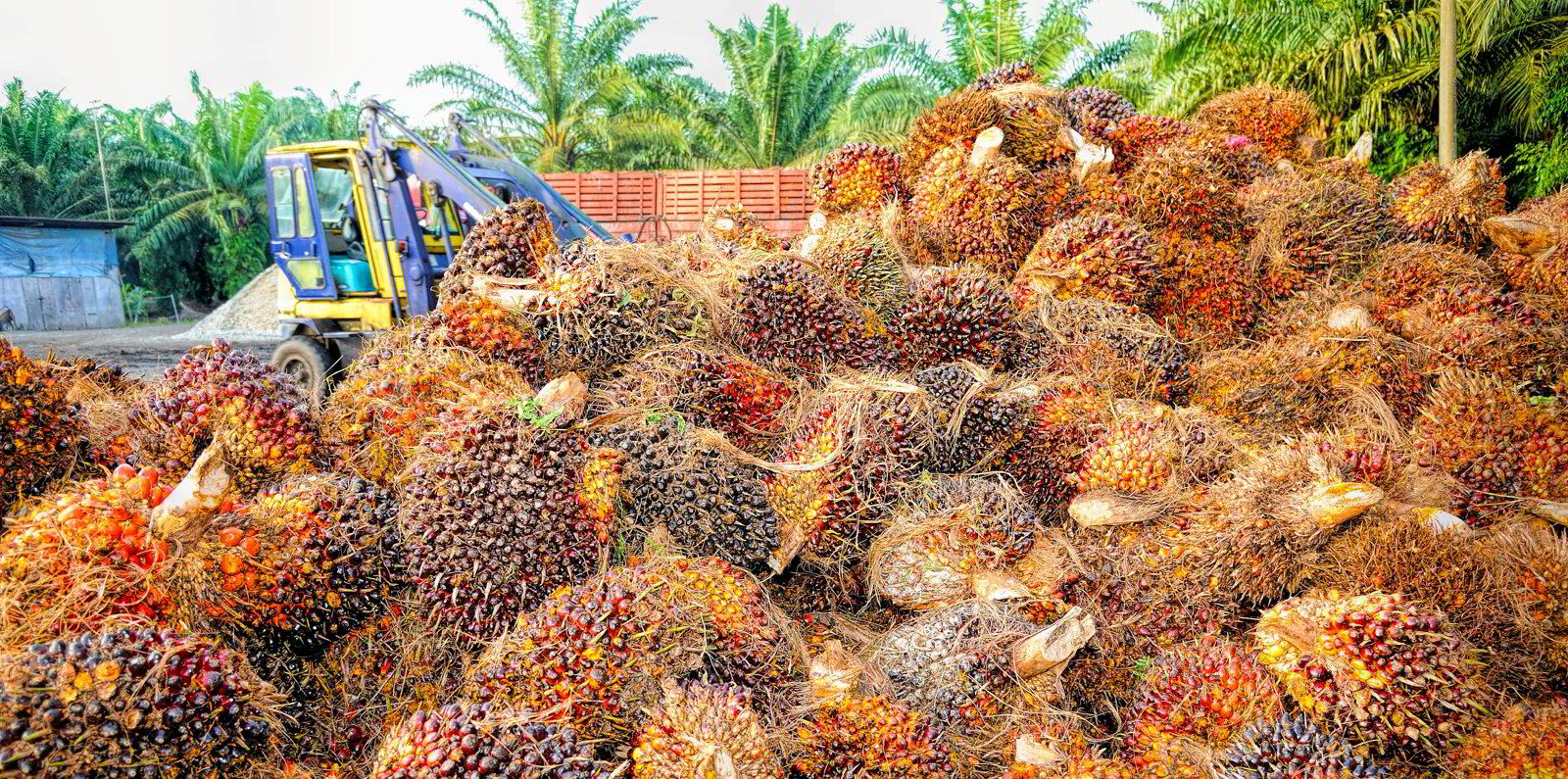Indonesia, the world’s largest palm oil producer, is to restrict exports of the commodity less than eight months after lifting a ban palm oil exports.
The government will reduce the amount producers can export to six times the domestic sales requirement, down from eight times currently, a government official was quoted as saying by Bloomberg.
Unconfirmed reports said the change took effect over the New Year holidays.
Under the domestic market obligation, Indonesian palm oil producers are required to sell a portion of their products locally at a set price level below that of export prices.
Indonesia is responsible for supplying nearly 60% of the global palm oil market. Southeast Asian neighbour Malaysia supplies almost all of the rest.
Indonesia’s government reportedly wants to ensure ample domestic supply during the Ramadan and Eid holidays in April, Bloomberg reported.
The country also plans to impose a higher biodiesel blending mandate in 2023, which will increase domestic consumption of palm oil.
Demand for palm oil has strengthened significantly since Russia’s invasion of Ukraine, which has wreaked havoc in the edible oil markets.
In May 2022, Indonesia lifted a total ban on the export of palm oil after just three weeks.
News of the latest commodity export restrictions comes just days after Indonesia announced a ban on bauxite exports starting in June 2023.
Indonesian president Joko Widodo said the ban aimed to replicate Indonesia’s success in developing its nickel processing capacity after halting exports of nickel in 2020.




